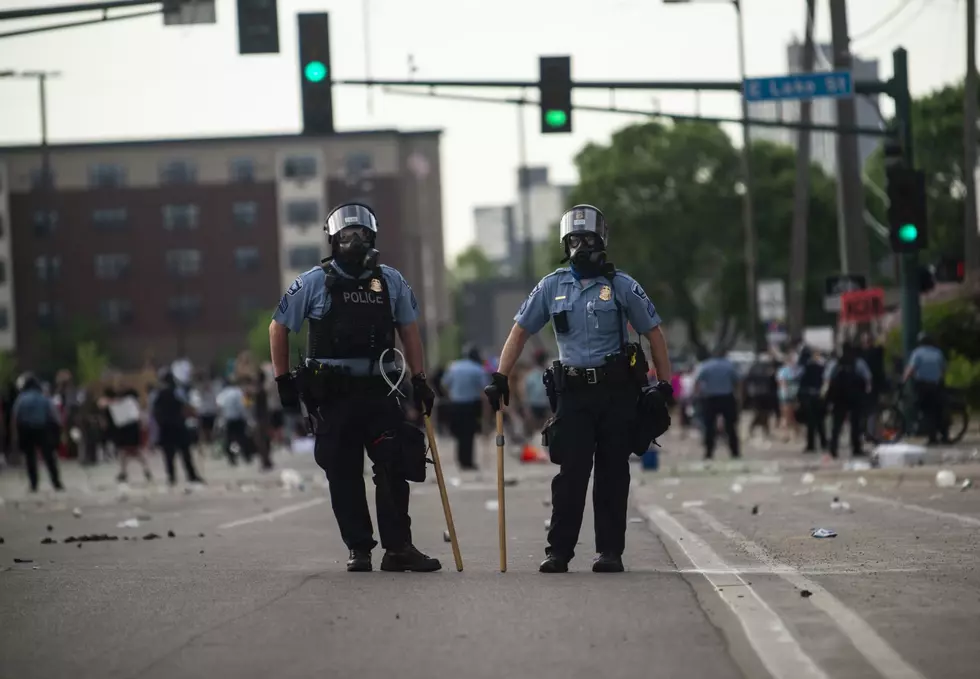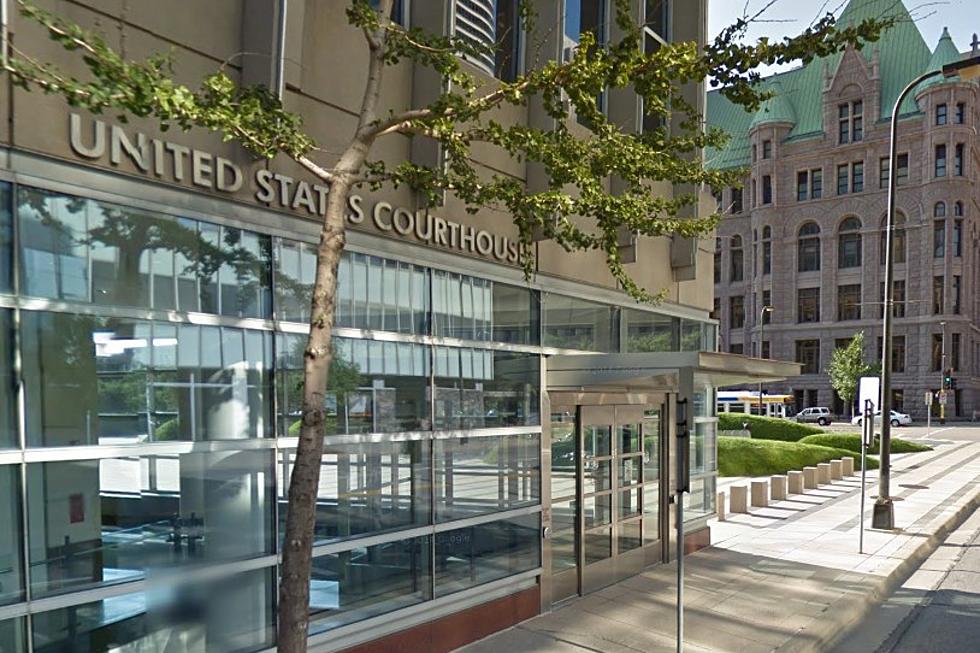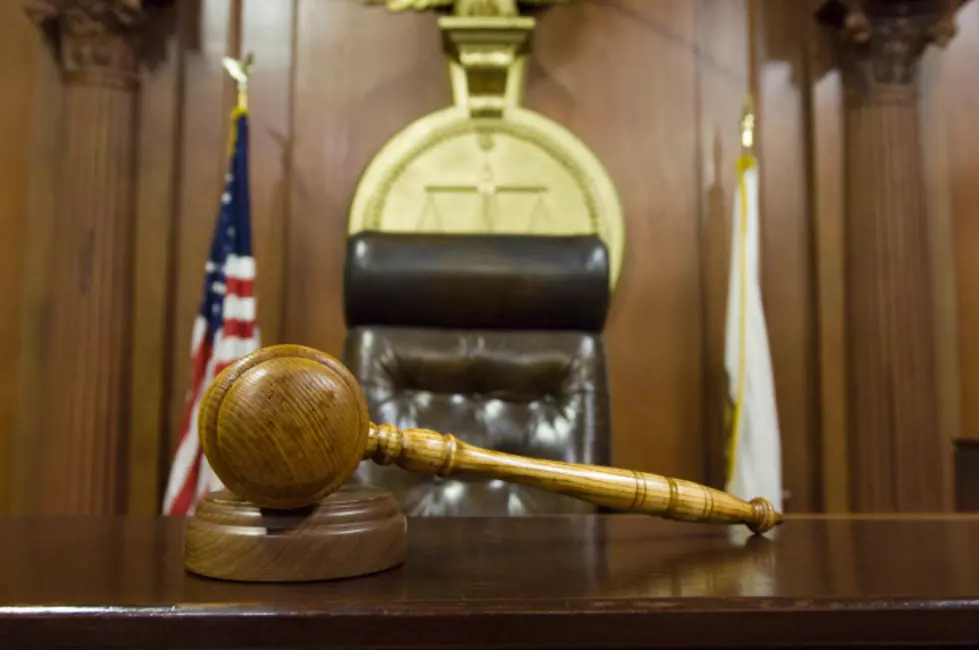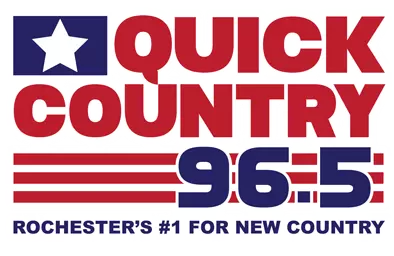
Court Reverses Order Requiring Minneapolis to Hire More Police

Minneapolis, MN (KROC-AM News) -
The Minnesota Court of Appeals has overturned an order issued by a Hennepin County judge that required the City of Minneapolis to hire additional police officers.
The reversed order was based on the judge's interpretation of the Minneapolis City Charter, which requires the Minneapolis City Council to fund a police force based on a per resident ratio and authorizes a tax for that purpose.
Funding. The City Council must fund a police force of at least 0.0017 employees per resident, and provide for those
employees’ compensation, for which purpose it may tax the
taxable property in the City up to 0.3 percent of its value
annually. This tax is in addition to any other tax, and not
subject to the maximum set under section 9.3(a)(4).
In its ruling striking down the order, the Court of Appeals found that, while the Minneapolis City Charter clearly mandates funding for a police force of a certain size, it does not include language requiring the mayor to hire the officers needed to maintain a police force of that size. The appeals court judges noted the charter grants the authority to operate the police department to the mayor, which leaves the hiring decisions up to his or her discretion.
One of the Court of Appeal judges, who heard the case agreed with the decision to overturn the lower court judge's order, wrote a special opinion that appears to highlight conflicting language in the Minneapolis charter.
Judge Francis Connelly indicated he wrote the special opinion because "I think it is illogical that there is a clear to duty to fund a certain number of sworn officers, but no clear duty to employ them. The adverse effect of the lack of any clear mandate to employ a specified number of officers is evident. It is undisputed that, since the pandemic began and the death of George Floyd occurred, the number of sworn police officers employed by the city has decreased drastically. It is also undisputed that, during this time period, crime has drastically increased. In light of the increase in crime, respondents have made it clear that they have been injured by the lack of police officers.
Judge Connelly went on to say that his decision to support overturning the judge's order was partly based on the testimony of Minneapolis officials that Mayor Jacob Frey was making "a good faith" effort to hire additional officers in an effort to bring the police force back to full strength.
The group of Minneapolis citizens who requested the court order to force the city to bolster its police force still has the option of requesting a review of the decision by the Minneapolis Supreme Court. Their lawsuit cited the upsurge in crime that has occurred in the aftermath of the rioting that occurred in 2020 following the death of George Floyd.
Former Olmsted Commissioner David Perkins Has Died
Timeline: George Floyd's Death, Protests, Riots, Arrests, and Chauvin Trial
More From Quick Country 96.5










